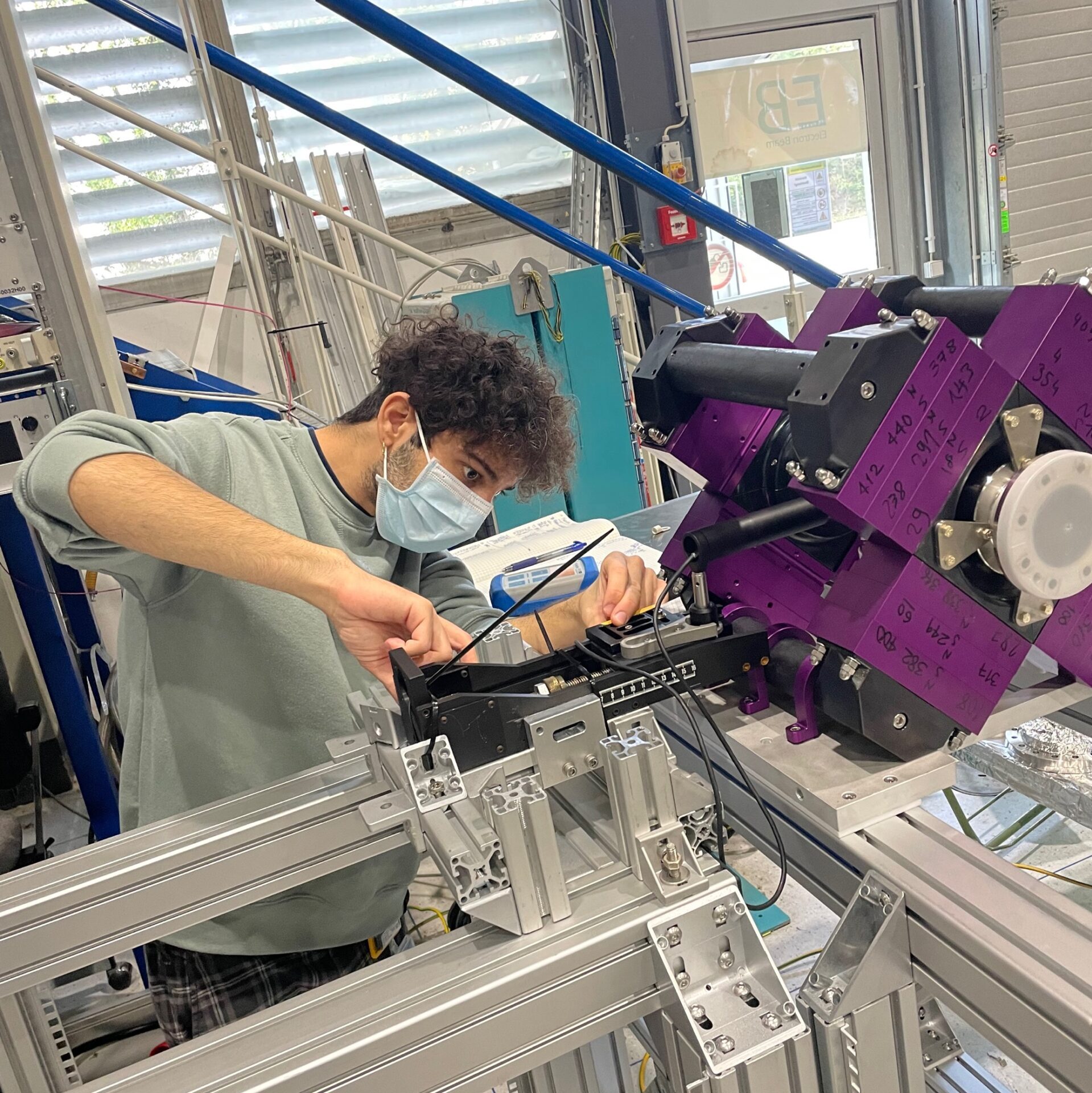Theory
The QSNET theory program resolves around developing the necessary theoretical framework to probe fundamental physics with clocks. While clocks operate at very low energies, the accuracy that they reach in comparing atomic transition frequencies is astonishing. These measurements represent some of the most precise ones performed to date in the history of mankind. Because of this amazing precision, clocks are able to probe very subtle effects due to very high energy fundamental physics through quantum effects. Clocks are very sensitive to drifts and oscillations of fundamental constants such as the fine structure constant, the electron mass or the proton mass. In the Standard Model of particle physics, fundamental constants are by definition constant. However, models of physics beyond the standard model could lead to an effective space-time dependence of these couplings. Such models include dark matter, quintessence models, generic hidden sector scalar fields, Kaluza-Klein models, dilaton field models or Brans Dicke fields, transient phenomena, cosmic strings, and domain walls among others. The unrivaled precision of clocks provides us with an exceptional tool for measuring variations of fundamental constants and testing physics beyond the Standard Model and very high energy theories such as Grand Unification Theories or even Quantum Gravity.
The QSNET theory program is led by Xavier Calmet.

